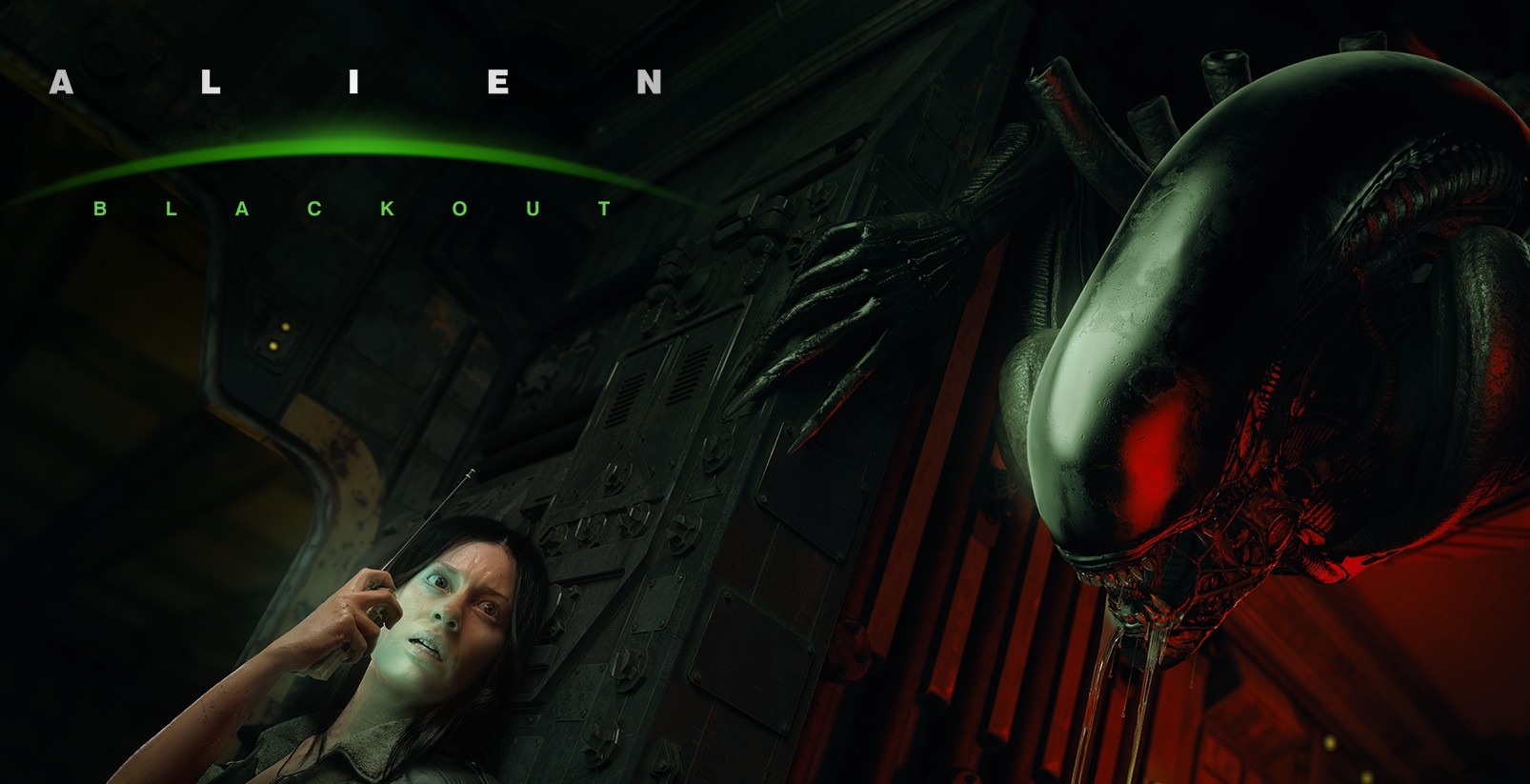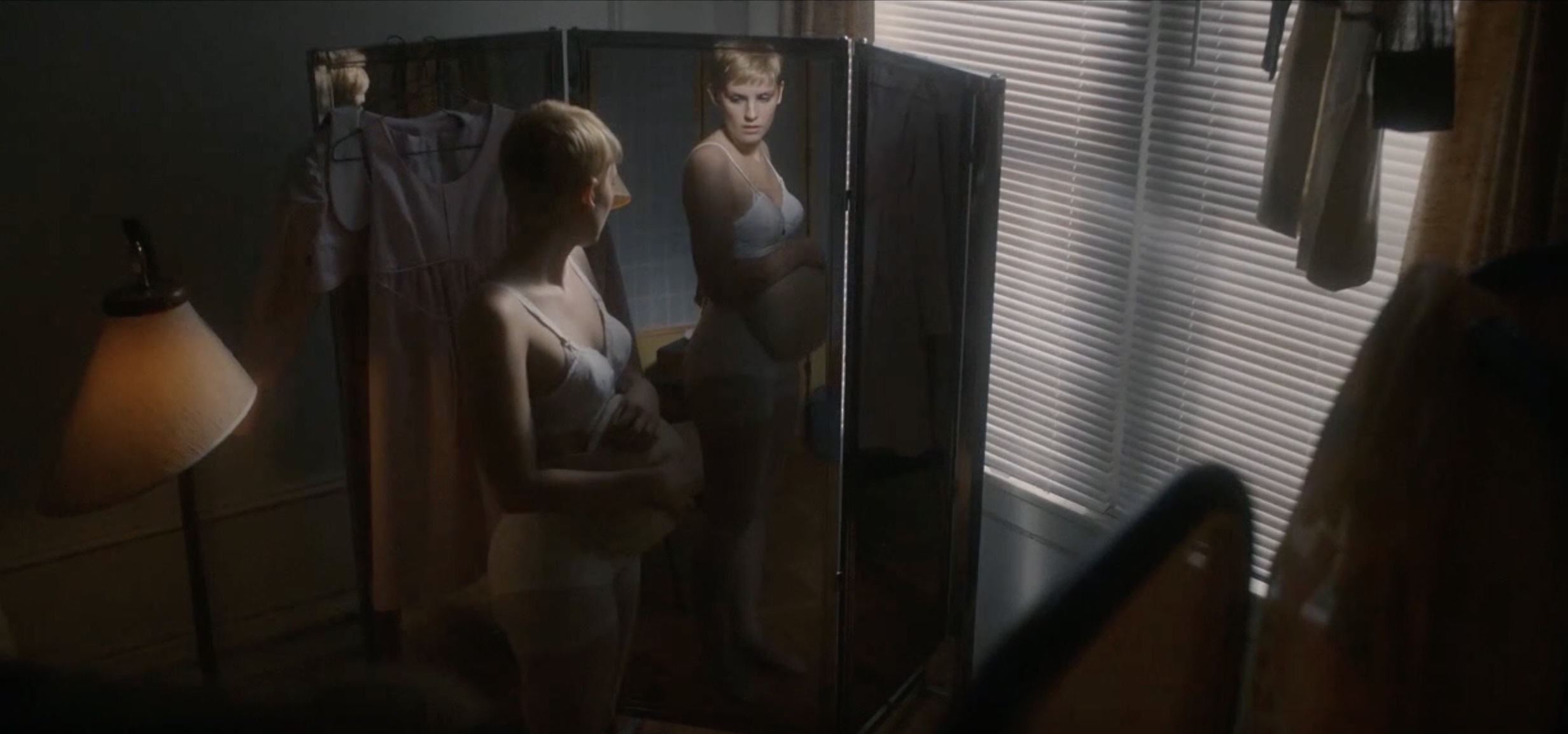Reviews
[Review] ‘Alien: Blackout’ Delivers Pocket Horror With Some Small Issues

Amanda Ripley returns in an even more claustrophobic slice of sci-fi horror. Read our Alien Blackout review to see if it continues the good work of Isolation on a new platform.
There’s no denying that Alien: Blackout arrives under a bit of a cloud. Rumors, hints, and teases for the first Alien game after 2014’s superb Alien Isolation led to a certain level of expectation. That level was lowered somewhat when it was found that while Blackout does continue the story of Amanda Ripley, daughter of the legendary Ellen Ripley, it’s not exactly a direct sequel to Isolation, rather, it’s a mobile game. That in itself is perfectly fine, and Blackout does the important thing in making this feel like an Alien game should, but that doesn’t help it shake the looming shadow of the game that preceded it.
What Alien: Blackout brings in terms of gameplay is quite the departure. Taking the framework of kid’s horror fave Five Nights at Freddy’s, a light dusting of puzzling, and draping the Alien aesthetic over it, Alien: Blackout sees you back in the sneakers of Amanda Ripley, who fresh from the hell she encountered aboard Sevastopol station, finds herself in another Xenomorph-shaped mess, and ends up hiding in an air duct, guiding other survivors to safety and leading them to key cards and items important to their continued existence.
This is done via two methods. Watching through the cameras Amanda has hacked into, and checking with the interactive security floor plan. The floor plan is the most useful part as it allows you to see where exactly the survivors are, and you can easily activate doors to block the Xenomorph off or trigger sensors to keep an eye on where it’s coming from.. The downside is you can’t see where the Xeno itself is bar a vague red flicker in the general direction it is coming from. Flicking to the security cameras can give you a horrifying glimpse at the beast stalking the crew, and you can in some instances shut a door in the nick of time.

Naturally, there’s a slight catch to these murder avoidance puzzles. You only have a limited amount of power to play with, meaning you have to open and close doors to juggle the power, and it usually means it’ll leave an easy opening for the Xeno to come through. This is relatively easy to manage early on and you should be able to rescue everyone on a level with minimal stress, but the juggling gets increasingly more hectic and you soon learn a sacrifice needs to be made if you’re going to progress.
It’s wickedly macabre that you can essentially lure a poor crew member to their death just to save another, but wholly necessary at times. Perhaps a little too necessary, as there doesn’t appear to be any design or story choice behind this, it seems more like an oversight that allows you to cheese it through tougher stages. Not a bad thing, but having an easy way out belittles the puzzles challenge to some degree.
The alien can also find your hiding spot, so you have to occasionally look up from your work to check it isn’t barrelling down the ductwork to eviscerate you. You can shut yourself in if it does come calling, but that acts almost as an EMP for the systems on the level the survivors are on, meaning the doors are temporarily all unlocked, leaving them vulnerable to a sticky end.
As you can imagine, things can get intense and panicky. The formula is tried and trusted, and in its own small way, Alien: Blackout captures the fear factor of Alien Isolation, albeit in a more stationary form. The highly expendable nature of the survivors take an edge off that tension, diluting the horror that the game is trying so hard to maintain.

There’s also not enough background on the space station and its history. That was a big part of what made Alien Isolation‘s Sevastopol a part of the atmosphere. It had such a rich background to be discovered, and its internal issues being explained made the pressure-cooker hostility of the place really bubble over with the introduction of the Xenomorph. There’s still some background here, just not as much as I’d have liked.
Alien: Blackout is still a pretty good game though. For a reasonable price you get a competent, occasionally scary (headphones really help) Alien game, and while it’s natural to feel disappointment at it not being Alien Isolation 2, it’s not Colonial Marines 2 either. If anything, it’s one of the better Alien efforts from the past few decades.

Alien Blackout review code provided by the publisher
Alien Blackout is out now on the App Store, Google Play and the Amazon Appstore.

Reviews
“AHS: Delicate” Review – “Little Gold Man” Mixes Oscar Fever & Baby Fever into the Perfect Product

‘AHS: Delicate’ enters early labor with a fun, frenzied episode that finds the perfect tone and goes for broke as its water breaks.
“I’ll figure it out. Women always do.”
American Horror Story is no stranger to remixing real-life history with ludicrous, heightened Murphy-isms, whether it’s AHS: 1984’s incorporation of Richard Ramirez, AHS: Cult’s use of Valerie Solanas, or AHS: Coven’s prominent role for the Axeman of New Orleans. Accordingly, it’s very much par for the course for AHS: Delicate to riff on other pop culture touchstones and infinitely warp them to its wicked whims. That being said, it takes real guts to do a postmodern feminist version of Rosemary’s Baby and then actually put Mia Farrow – while she’s filming Rosemary’s Baby, no less – into the narrative. This is the type of gonzo bullshit that I want out of American Horror Story! Sharon Tate even shows up for a minute because why the hell not? Make no mistake, this is completely absurd, but the right kind of campy absurdity that’s consistently been in American Horror Story’s wheelhouse since its inception. It’s a wild introduction that sets up an Oscar-centric AHS: Delicate episode for success. “Little Gold Man” is a chaotic episode that’s worth its weight in gold and starts to bring this contentious season home.
It’d be one thing if “Little Gold Man” just featured a brief detour to 1967 so that this season of pregnancy horror could cross off Rosemary’s Baby from its checklist. AHS: Delicate gets more ambitious with its revisionist history and goes so far as to say that Mia Farrow and Anna Victoria Alcott are similarly plagued. “Little Gold Man” intentionally gives Frank Sinatra dialogue that’s basically verbatim from Dex Harding Sr., which indicates that this demonic curse has been ruffling Hollywood’s feathers for the better part of a century. Anna Victoria Alcott’s Oscar-nominated feature film, The Auteur, is evidently no different than Rosemary’s Baby. It’s merely Satanic forces’ latest attempt to cultivate the “perfect product.” “Little Gold Man” even implies that the only reason that Mia Farrow didn’t go on to make waves at the 1969 Academy Awards and ends up with her twisted lot in life is because she couldn’t properly commit to Siobhan’s scheme, unlike Anna.
This is easily one of American Horror Story’s more ridiculous cold opens, but there’s a lot of love for the horror genre and Hollywood that pumps through its veins. If Hollywood needs to be a part of AHS: Delicate’s story then this is actually the perfect connective tissue. On that note, Claire DeJean plays Sharon Tate in “Little Gold Man” and does fine work with the brief scene. However, it would have been a nice, subtle nod of continuity if AHS: Delicate brought back Rachel Roberts who previously portrayed Tate in AHS: Cult. “Little Gold Man” still makes its point and to echo a famous line from Jennifer Lynch’s father’s television masterpiece: “It is happening again.”
“Little Gold Man” is rich in sequences where Anna just rides the waves of success and enjoys her blossoming fame. She feels empowered and begins to finally take control of her life, rather than let it push her around and get under her skin like a gestating fetus. Anna’s success coincides with a colossal exposition dump from Tavi Gevinson’s Cora, a character who’s been absent for so long that we were all seemingly meant to forget that she was ever someone who was supposed to be significant. Cora has apparently been the one pulling many of Anna’s strings all along as she goes Single White Female, rather than Anna having a case of Repulsion. It’s an explanation that oddly works and feeds into the episode’s more general message of dreams becoming nightmares. Cora continuing to stay aligned with Dr. Hill because she has student loans is also somehow, tragically the perfect explanation for her abhorrent behavior. It’s not the most outlandish series of events in an episode that also briefly gives Anna alligator legs and makes Emma Roberts and Kim Kardashian kiss.

“Little Gold Man” often feels like it hits the fast-forward button as it delivers more answers, much in the same vein as last week’s “Ava Hestia.” These episodes are two sides of the same coin and it’s surely no coincidence that they’re both directed by Jennifer Lynch. This season has benefitted from being entirely written by Halley Feiffer – a first for the series – but it’s unfortunate that Lynch couldn’t direct every episode of AHS: Delicate instead of just four out of nine entries. That’s not to say that a version of this season that was unilaterally directed by Lynch would have been without its issues. However, it’s likely that there’d be a better sense of synergy across the season with fewer redundancies. She’s responsible for the best episodes of AHS: Delicate and it’s a disappointment that she won’t be the one who closes the season out in next week’s finale.
To this point, “Little Gold Man” utilizes immaculate pacing that helps this episode breeze by. Anna’s Oscar nomination and the awards ceremony are in the same episode, whereas it feels like “Part 1” of the season would have spaced these events out over four or five episodes. This frenzied tempo works in “Little Gold Man’s” favor as AHS: Delicate speed-runs to its finish instead of getting lost in laborious plotting and unnecessary storytelling. This is how the entire season should have been. Although it’s also worth pointing out that this is by far the shortest episode of American Horror Story to date at only 34 minutes. It’s a shame that the season’s strongest entries have also been the ones with the least amount of content. There could have been a whole other act to “Little Gold Man,” or at the least, a substantially longer cold open that got more out of its Mia Farrow mayhem.
“Little Gold Man” is an American Horror Story episode that does everything right, but is still forced to contend with three-quarters of a subpar season. “Part 2” of AHS: Delicate actually helps the season’s first five episodes shine brighter in retrospect and this will definitely be a season that benefits from one long binge that doesn’t have a six-month break in the middle. Unfortunately, anyone who’s already watched it once will likely not feel compelled to experience these labor pains a second time over. With one episode to go and Anna’s potential demon offspring ready to greet the world, AHS: Delicate is poised to deliver one hell of a finale.
Although, to paraphrase Frank Sinatra, “How do you expect to be a good conclusion if this is what you’re chasing?”















You must be logged in to post a comment.